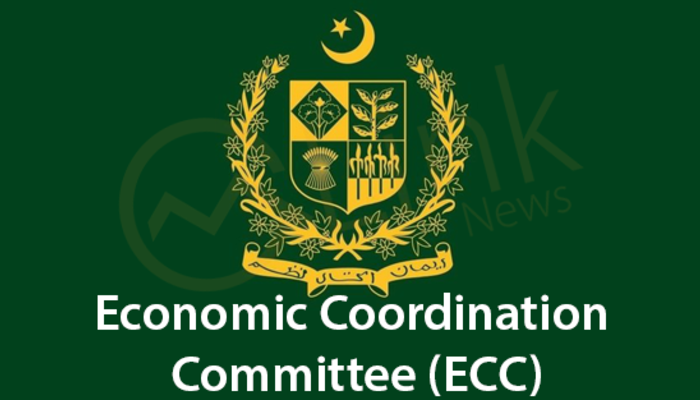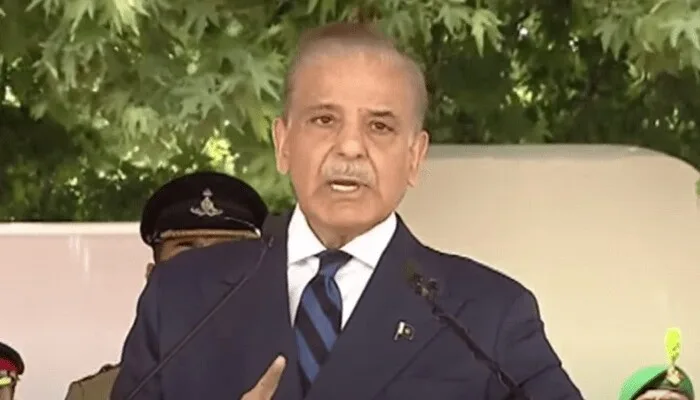
The Economic Coordination Committee (ECC) has approved a comprehensive restructuring plan for Pakistan Revenue Automation Limited (PRAL). The committee has allocated Rs3.7 billion for the fiscal year 2024-25, with an additional Rs4.5 billion proposed for the next financial year, contingent on the entity’s performance evaluation.
PRAL, a key IT subsidiary of the Federal Board of Revenue (FBR), plays a critical role in revenue automation, data integration, and tax digitization. However, it has faced challenges in modernizing its systems and ensuring operational efficiency. The restructuring plan aims to address these issues and elevate PRAL’s contributions to the country’s revenue system.
The restructuring includes the appointment of an independent board to oversee PRAL’s operations. Significant upgrades are planned to improve software development capabilities and hardware infrastructure. Additionally, a data analytics hub will be established to enhance tax digitization efforts. Procurement processes will also be streamlined to ensure smoother operations.
A task force within the FBR recently identified key issues affecting PRAL’s performance. These include governance problems, a lack of skilled talent, and outdated technology systems. The restructuring plan seeks to resolve these challenges by implementing reforms that ensure better management, modernized tools, and improved operational efficiency.
Read More: Sindh Struggles with Escalating Dog Bite Cases in 2024
The financial structure of PRAL will also undergo changes. A separate cost center will be created under the Revenue Division. This will allow for more transparent budgetary processes, with funds categorized as either Employee-Related Expenditure (ERE) or Non-ERE grants. PRAL’s board will approve its annual budget based on these grants and any internally generated revenues.
Proposed Budget Allocations
The ECC has approved Rs3.7 billion as a technical supplementary grant for PRAL for FY2024-25. For the following years, PRAL will require Rs4.5 billion annually to sustain its operations under the restructured framework. Currently, the organization receives Rs1 billion annually, which is insufficient to meet its expanding needs.
During discussions, the ECC stressed the need to evaluate PRAL’s performance every year. Authorities will measure its progress using Key Performance Indicators (KPIs) that focus on quantitative outcomes. These evaluations will guide the release of additional funds in future years.
The reconstituted PRAL board aims to boost the organization’s operational efficiency and strengthen revenue collection. It plans to address governance and technological gaps that have persisted for years. With these reforms, PRAL expects to play a crucial role in increasing Pakistan’s tax-to-GDP ratio.
Follow Day News on Google News, Instagram, YouTube, Facebook, Whats App, and TikTok for latest updates
















